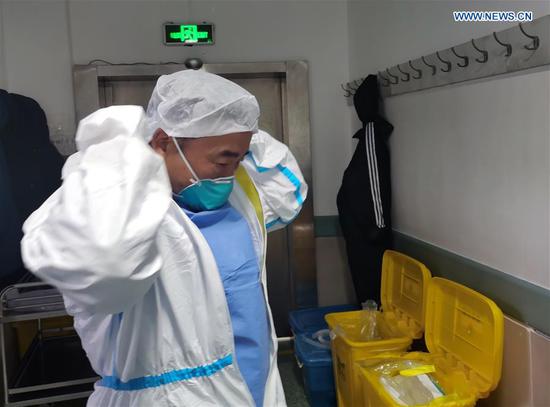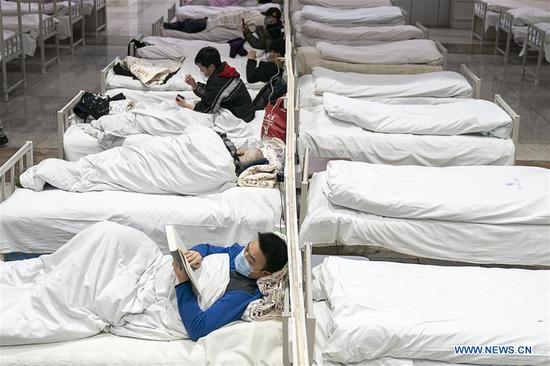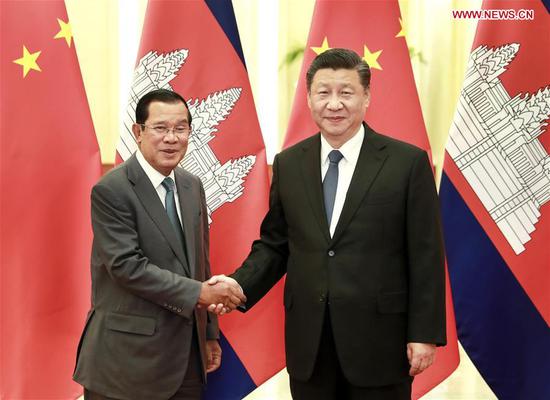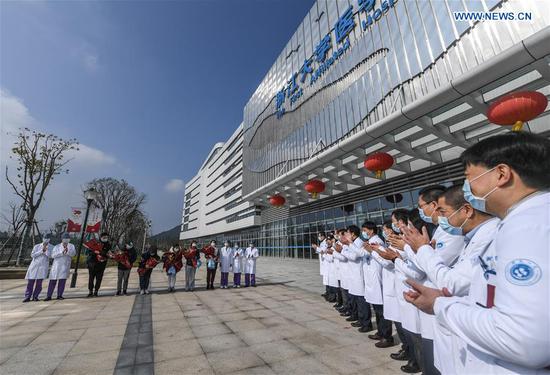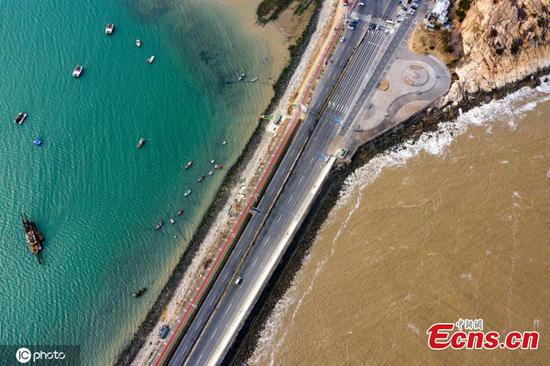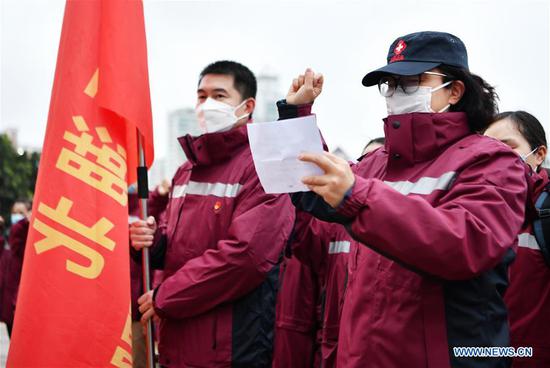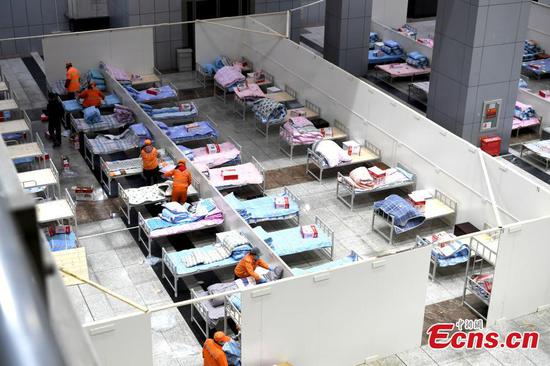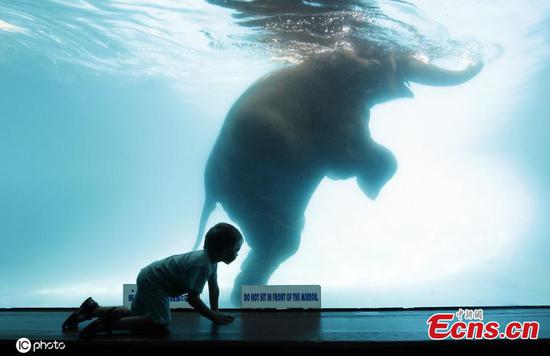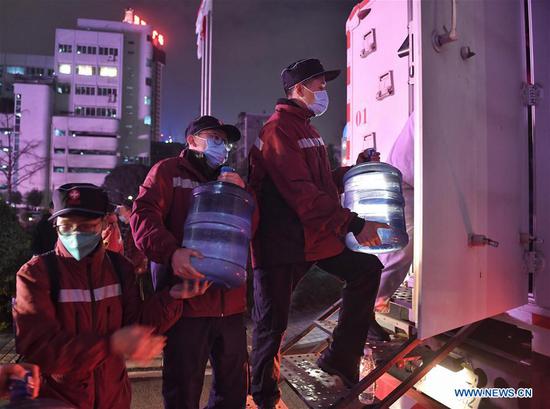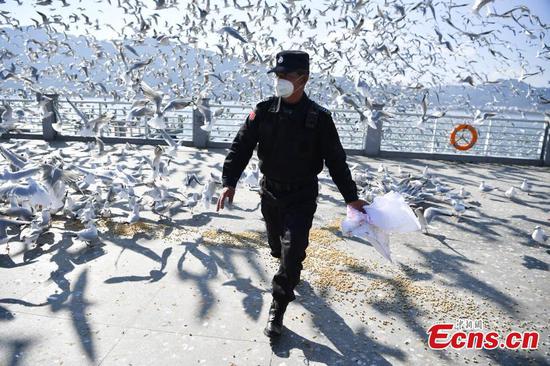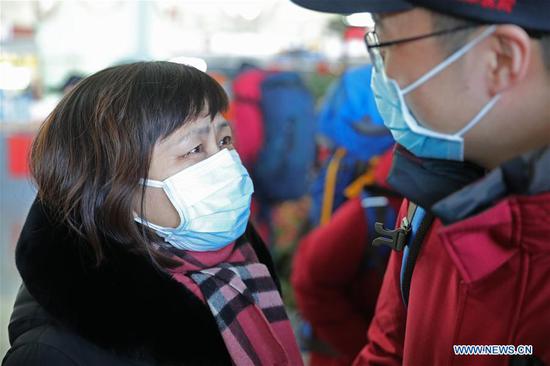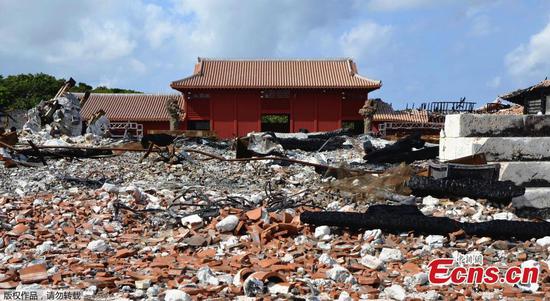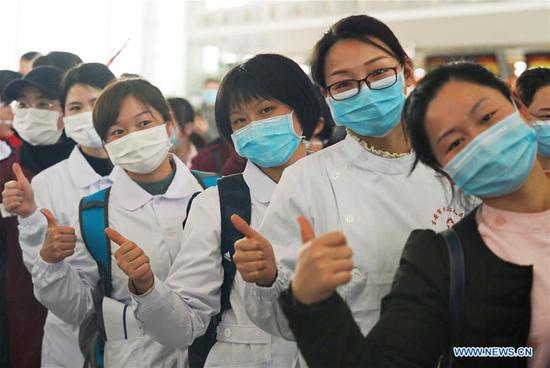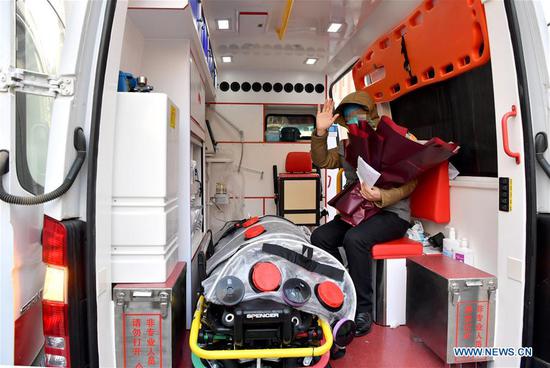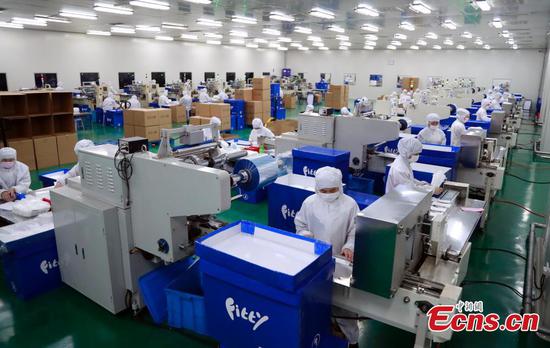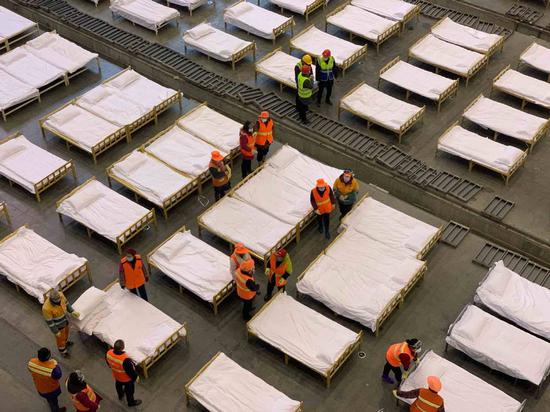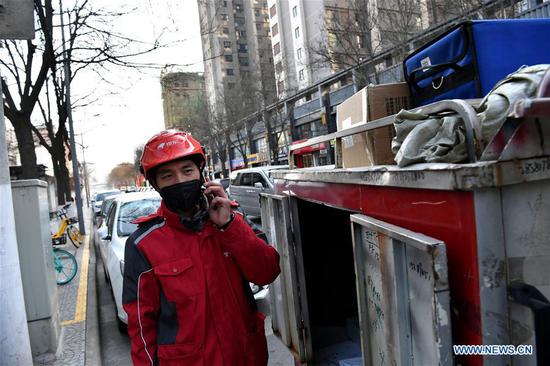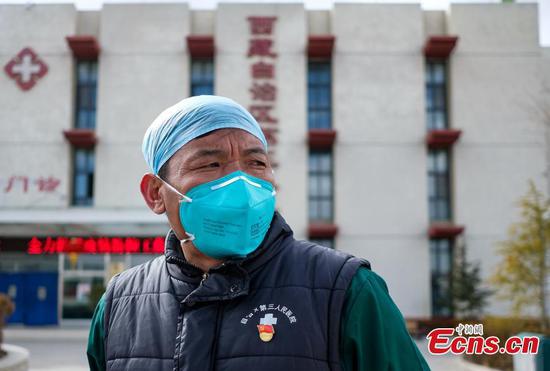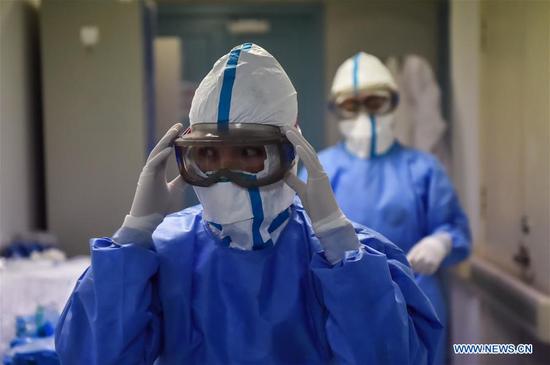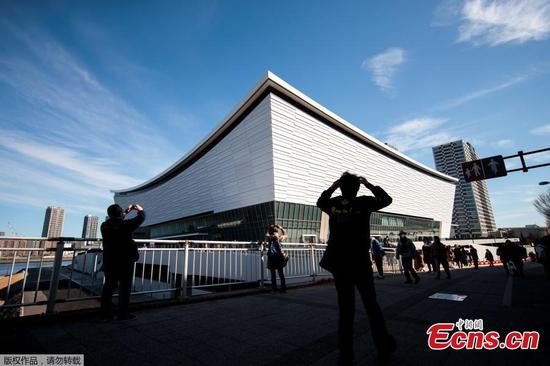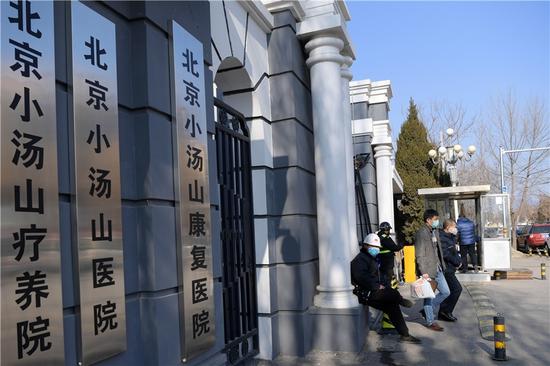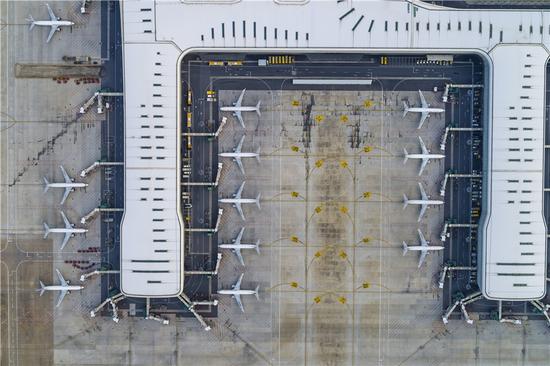As the novel coronavirus continues to spread in the world, Ashley Chang was considering canceling an upcoming cruise ship tour to New Zealand — not out of fear of the virus but that her Asian looks might elicit racial discrimination.
"I was so upset when I read a Chinese woman traveler was subject to racial harassment in New Zealand," said Chang, a Chinese American financial professional living in the San Francisco Bay Area.
"Checking off my bucket list had brought me so much joy in these past years, but now I have been feeling so much anxiety and fear," she said. "The racist risks are all new elements that I had not encountered nor anticipated."
The spread of the virus, which originated from the central Chinese city of Wuhan, has come with increased reports of racism and xenophobia against Asian people, especially Chinese, around the world.
In the past few weeks, numerous incidents of racial discrimination at school, work and other public places have popped up across the U.S..
In Washington state, an 8-year-old Asian boy who was wearing a face mask was told by a Costco sample-stand worker to "get away because he may be from China".
Anti-Chinese sentiment is growing on campuses in the U.S.. Asian students at Arizona State University have faced jokes, stares and isolation since a case of the coronavirus was confirmed at the university last month, according to media reports.
The University of California-Berkeley, which has many students from China, has recently faced a backlash after it posted a graphic on Instagram, listing xenophobia as a "normal reaction" to the coronavirus, such as anxiety, helplessness or prejudice against people from other countries.
Critics said the post gives ground to normalizing xenophobia targeting a specific group of people. The university later deleted the post and issued an apology on Twitter.
The stigma has been so widely reported that some public health officials have urged the public to stay calm and avoid misinformation.
The risk to the general public remains low, and healthy people should not be excluded from activities based on their race, country of origin or recent travel, said Sara Cody, a Santa Clara County health officer in California, following the second confirmed case on Sunday.
The U.S. Centers for Disease Control and Prevention on Friday advised people not to panic about the coronavirus and against stereotyping people.
The World Health Organization also advised Thursday against unnecessary interference with international travel and for fear of stigmatizing those who are sick.
Contrasting with what the health experts advised, the Trump administration declared a state of emergency on Friday and imposed a temporary ban on entry for foreign nationals starting Sunday.
Under the new policy, anyone traveling from China who isn't a U.S. citizen, permanent resident or an immediate family member of either will be denied entry; any Americans returning to the U.S. from Central China's Hubei province, whose capital city is Wuhan, will be quarantined for 14 days.
So far, only 11 cases have been recorded in the U.S., which prompted public health experts worry that the Trump administration's overly aggressive measures, especially the travel ban, could be counterproductive.
"Since a quarantine is itself highly protective, there is no justification for a complete travel ban from Hubei," Lawrence Gostin, a public health law expert at Georgetown University, wrote in an article posted on Health Affairs, a health policy journal, on Monday.
"Just days ago, President Trump assured Americans there was virtually no risk of contracting the novel coronavirus on U.S. soil and that China had the outbreak fully under control. And now we are turning to overbroad measures that violate human rights and alarm the public. The U.S. is at a critical junction where it is slipping from complacency to overreaction, from calm to panic," he said.
Aside from the U.S. government's overreaction, some political leaders' comments may also be fueling some of the xenophobia.
U.S. Commerce Secretary Wilbur Ross said last week that the new coronavirus could "help" to bring jobs to the U.S. because companies will be moving operations away from impacted areas.
His comments drew immediate criticism from public health experts who were concerned that the "inaccurate" and "dangerous" comments would be the exact opposite purpose of educating the public.
"The single most important strategy in a public health crisis is to stay calm and to gain the community's trust," said Gostin. When responding to an ongoing outbreak like the novel coronavirus, political leaders should use classic public health tools and avoid draconian overreaction, he said.









